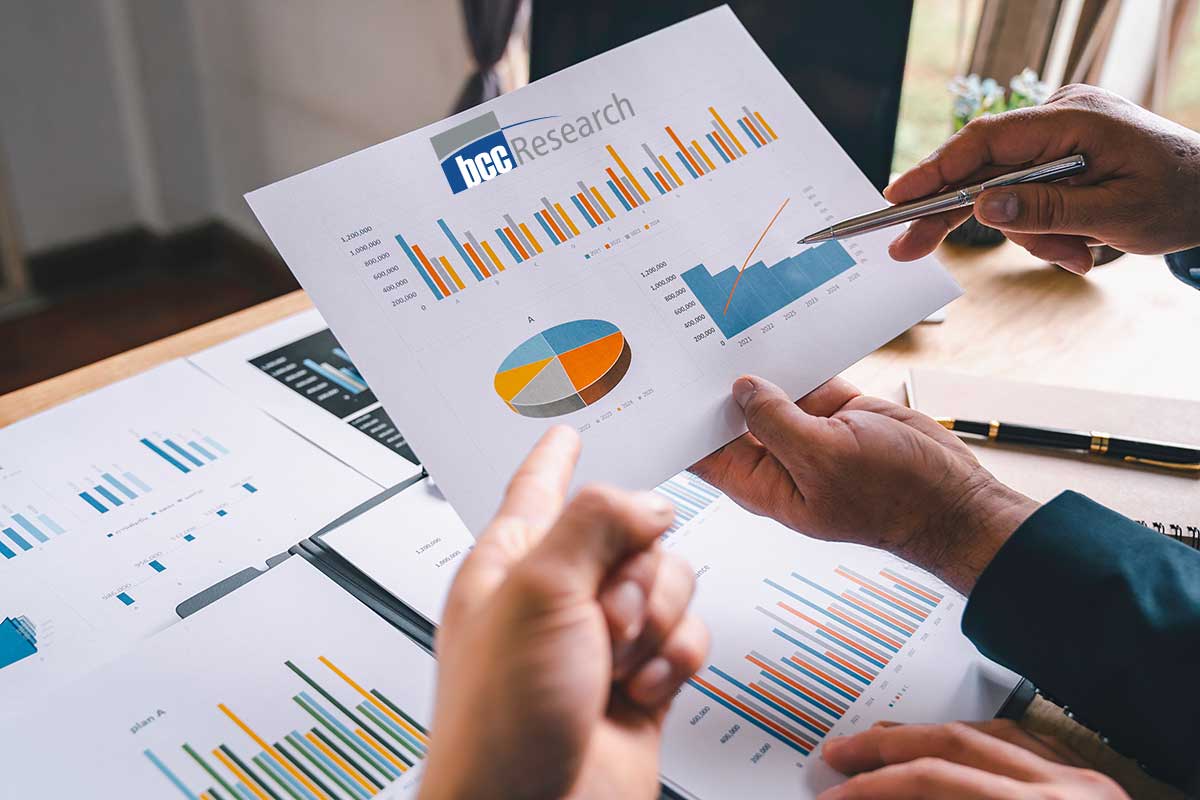
Sep 16, 2015
Blog Life Sciences The Path is Clearing for U.S. Biosimilar Sales: Novartis is Blazing the Trail
Last week, Novartis got the green light to become the first to sell a biosimilar drug in the United States. A US appeals court denied Amgen’s request to block Novartis from selling its copycat version of Amgen’s blockbuster cancer drug, Neupogen (filgrastim). In March, Novartis’ Zarxio (filgrastim-sndz) was the first biosimilar to be approved by the US FDA under abbreviated criteria enabled by a provision of the 2010 Affordable Care Act. Zarxio’s introduction has since been delayed by the legal dispute. Amgen filed its lawsuit last year, accusing Novartis of failing to disclose certain information about its copycat product, which Amgen said was required under the new criteria. Amgen also alleged that Zarxio would infringe upon a patent for Neupogen.
ZARXIO OPENS DOOR FOR BIOSIMILAR DRUGS TO ENTER U.S. MARKET
The Amgen/Novartis Neupogen biosimilar case has been closely scrutinized. The outcome could now shape the path to market in the United States for a slew of biosimilar drugs that are expected to cost less than the original brands. Unlike traditional generic drugs, which copy chemically made (i.e., small-molecule) brand-name drugs, biosimilars mimic biotechnology (i.e., biologic) drugs that are made through more complex processes involving living cells. The resulting biosimilars are a close—but not exact—copy of the original biologic drug. Unlike small molecules, biotechnology drugs haven’t faced generic competition when their patents expire because they are much harder to copy. Also, up to now, regulators couldn’t figure out how to approve knockoffs that were highly similar but not exact replicas. Insurers hope biosimilars will cost the public 40%–50% less than the original brands.
SO, HOW MUCH WILL BIOSIMILARS ACTUALLY BRING DOWN COSTS?
Neupogen and Zarxio help boost white blood cell counts in chemotherapy patients and others with compromised immune systems. Neupogen costs about $3,000 per chemotherapy cycle (before accounting for discounts and rebates). Novartis will be pricing Zarxio at a 15% discount to Neupogen. That is on the low end of expected discounts for biosimilars, which are generally forecast to be in the 20%–30% range.
Biosimilars, including Novartis’ version of filgrastim (under the name Zarzio), have been available in Europe since 2006. Contrary to expectations, adoption of biosimilars has been slow in Europe. Clinicians’ perception that the biosimilar might not be 100% as safe and effective as the innovator biologic is the major hurdle in adoption. These copycats have eroded sales of the original drug more gradually than generic drugs. In Europe, biosimilars typically cost 15%–30% less than the brands. But in the traditional (i.e., small-molecule) drug market, generic savings are greater: Prices can quickly fall by 90% within months of generics hitting the market. It took four years for Zarzio to overtake sales of Neupogen. There are now eight competing biosimilars for Neupogen in Europe, and together they account for nearly 80% of the market.
Similarly, for biosimilars in the United States, an immediate and sizeable cost savings may not be the case. Realistically, Zarxio's wholesale price should be compared to the average sales price of Neupogen, which is how Medicare reimburses for the drug. For the time that it takes regulators to determine the average sales price of Zarxio (at least the first six months), the prices of Neupogen and Zarxio will be almost exactly the same.
In Europe, the discount for Novartis’ biosimilar version of Neupogen has increased slightly to 20%–30% off the original, as more participants have entered the market. More biosimilar versions of Neupogen are expected to hit the US market. Canadian-based Apotex has applied for FDA approval to market its version of Neupogen, a product that is being jointly developed with Intas Pharmaceuticals. Last year, the US market accounted for more than 70% of Amgen’s $1.16 billion in global sales of Neupogen.
THE BIOSIMILARS MARKET IS POISTED TO DOUBLE OVER THE NEXT DECADE
Zarxio’s impact may be felt gradually in the United States. But beyond its launch, the stakes will get higher, as discounts deepen and competition intensifies. The Wall Street Journal reported that in aggregate, drugs with biosimilar competition on the way totaled more than $25 billion in US sales in 2014. About eight biologics with multibillion-dollar sales will be exposed to biosimilar competition by 2020, says BCC Research. Some reference drugs face five or more biosimilar-product candidates under development. This threatens to accelerate sales declines for brand-name drugs as their patents expire. According to an agency spokesperson, companies have discussed with the FDA the development of 50 biosimilars for 15 different biotechnology drugs.
BCC Research predicts that biosimilars will be a huge market driver in the coming years. Biologic drugs have multibillion-dollar annual sales, are very expensive, and are priced higher when compared with small molecules and other treatment options. Pharmaceutical companies are acquiring early-stage biotechnology companies, and the licensing of technology and late-stage projects in development has increased significantly.
Biosimilars are entering an important period of development. It is anticipated that the market will evolve to 2024 with many new players in the biological cancer drug space. According to BCC Research, the global biosimilars market was valued at nearly $2.0 billion in 2014. The market is expected to reach nearly $4.0 billion by 2019, with a compound annual growth rate of 15%.
In today’s fast-paced biomedical world, researchers and pharmaceutical companies...

Radiopharmaceuticals represent a cutting-edge frontier in modern medicine, offer...

Implantable Remote Patient Monitoring (IRPM) devices are revolutionizing healthc...

We are your trusted research partner, providing actionable insights and custom consulting across life sciences, advanced materials, and technology. Allow BCC Research to nurture your smartest business decisions today, tomorrow, and beyond.
Contact UsBCC Research provides objective, unbiased measurement and assessment of market opportunities with detailed market research reports. Our experienced industry analysts assess growth opportunities, market sizing, technologies, applications, supply chains and companies with the singular goal of helping you make informed business decisions, free of noise and hype.